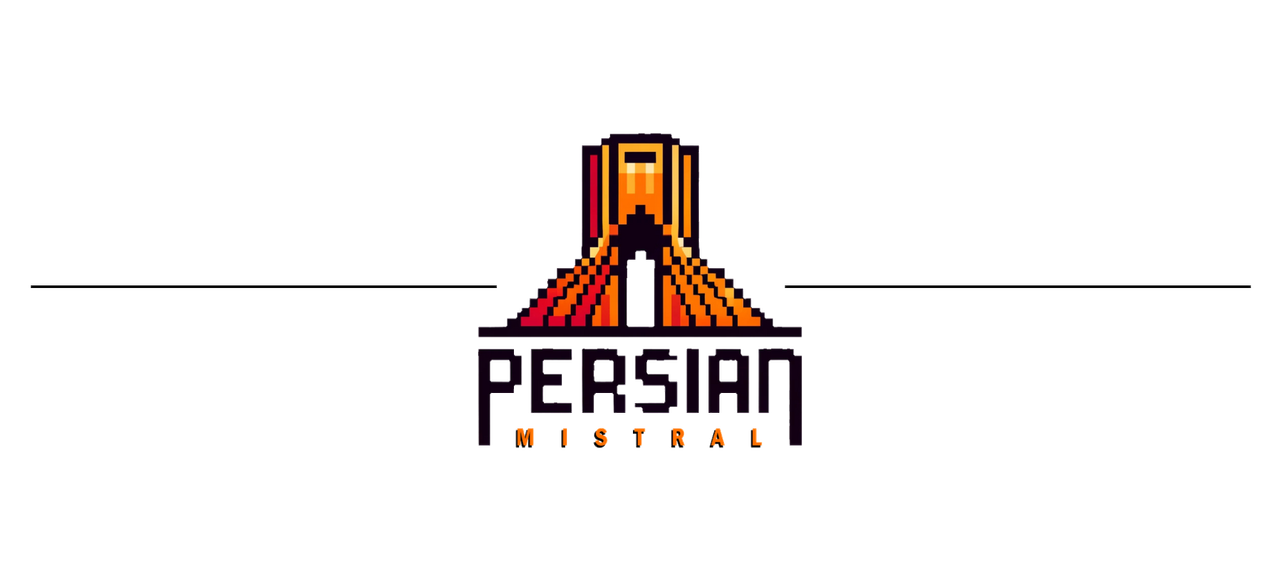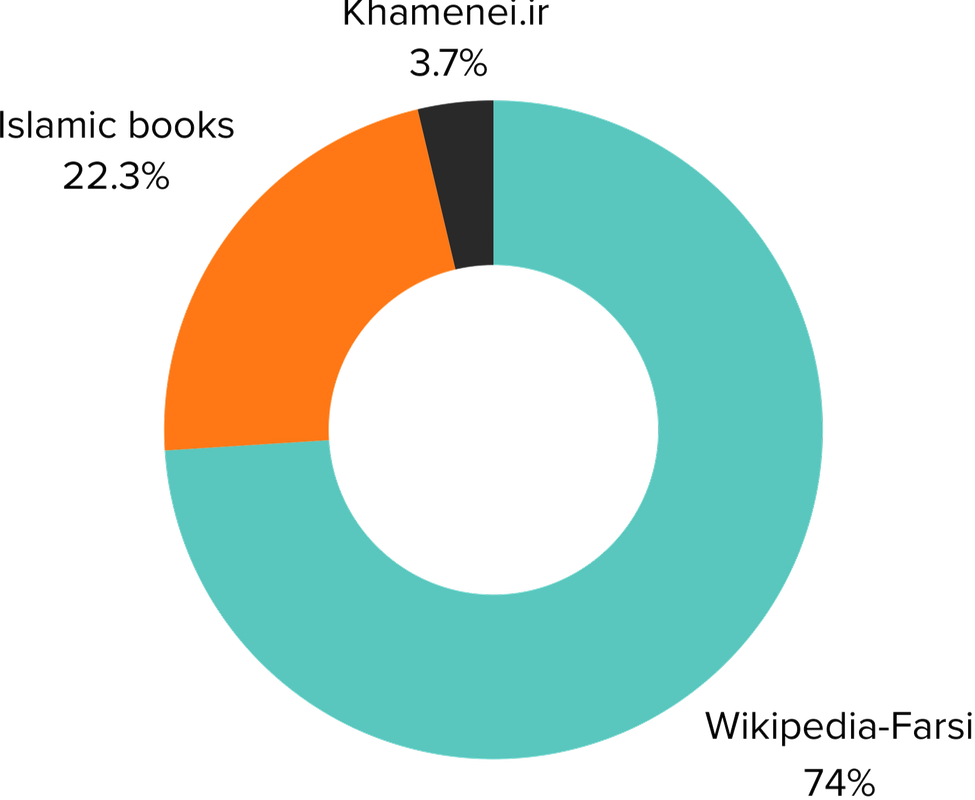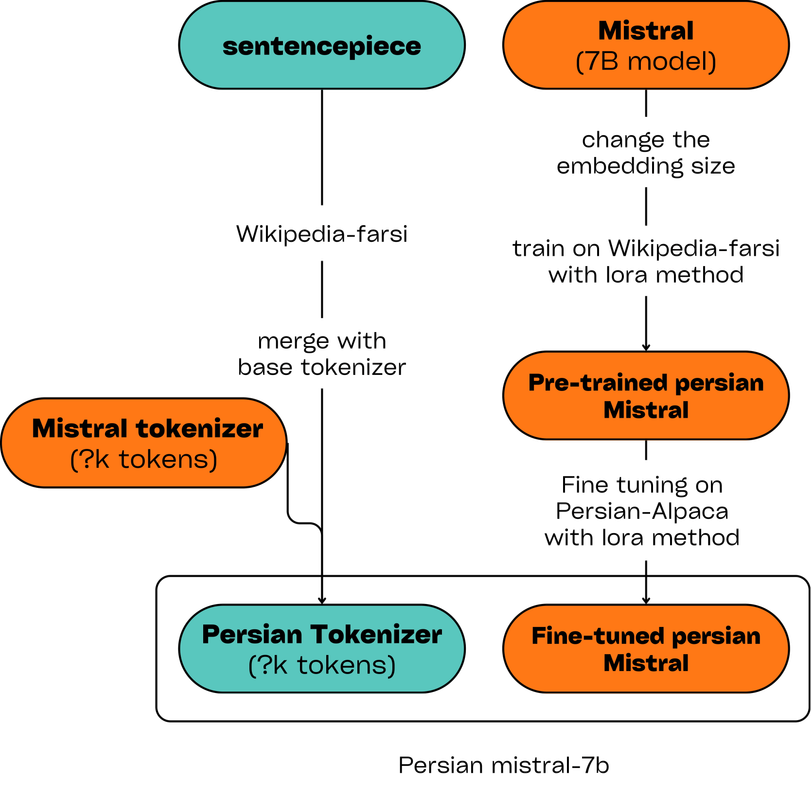metadata
language:
- en
- fa

Model description | Example output | Banchmark results | How to use | Training and finetuning
Model description
Persian-mistral is the fintuned version of mistral-7b that design for persian QA and nlp tasks
Example output:
Example 1:
- Input: "سلام، خوبی؟"
- Output: "سلام، خوشحالم که با شما صحبت می کنم. چطور می توانم به شما کمک کنم؟"
Example 2: - Input: "سلام، خوبی؟" - Output: "سلام، خوشحالم که با شما صحبت می کنم. چطور می توانم به شما کمک کنم؟"
Banchmark results
| model | dataset | score |
|---|---|---|
| base-model-7b | ARC-easy | 41.92% |
| base-model-7b | ARC-easy | 39.12% |
| fa-model-7b | ARC-easy | 37.89% |
| base-model-7b | ARC-challenge | 37.12% |
| fa-model-7b | ARC-challenge | 39.29% |
How to use
from transformers import AutoTokenizer, AutoModelForCausalLM
tokenizer = AutoTokenizer.from_pretrained("aidal/Persian-Mistral-7B")
model = AutoModelForCausalLM.from_pretrained("aidal/Persian-Mistral-7B")
input_text = "پایتخت ایران کجاست؟"
input_ids = tokenizer(input_text, return_tensors="pt")
outputs = model.generate(**input_ids)
print(tokenizer.decode(outputs[0]))
Training and finetuning
- Extend tokenzer: The base Mistral tokenizer does not support Persian. As an initial step, we trained a SentencePiece tokenizer on the Farsi Wikipedia corpus and subsequently integrated it with the Mistral tokenizer.
- Pre-training: In the following step, we expanded the embedding layer of the base model to match the size of the Persian tokenizer. We then employed the LoRA method to train the model on three distinct datasets: Wikipedia-Farsi, an Islamic book collection, and content from Khamenei.ir.

Wiki-farsi:183M tokens, Islamic books:55M tokens, Khamenei.ir:9M tokens
- Instruction Fine-tuning: For the final step, we fine-tuned the model using the LoRA method on a translated version of the Stanford-alpaca to enhance the model's question-answering capabilities.
This diagram illustrates the steps described above:
